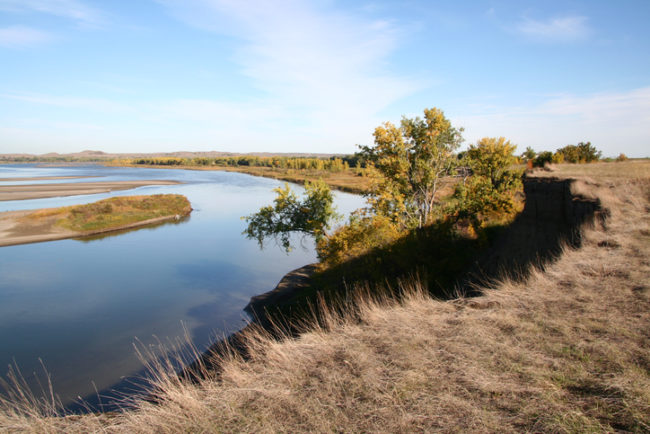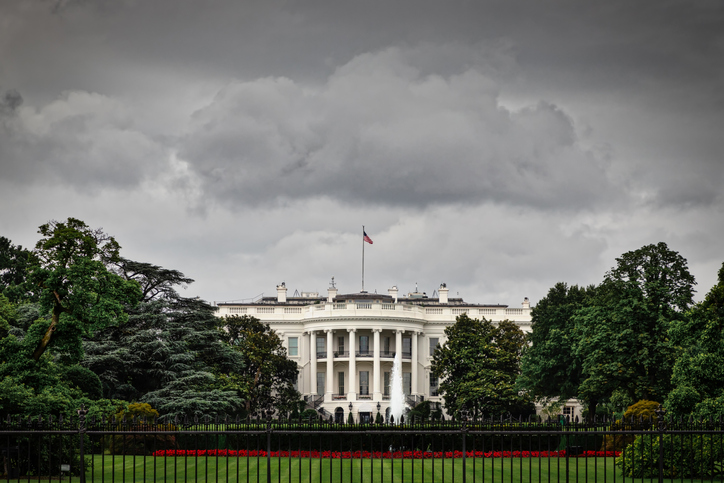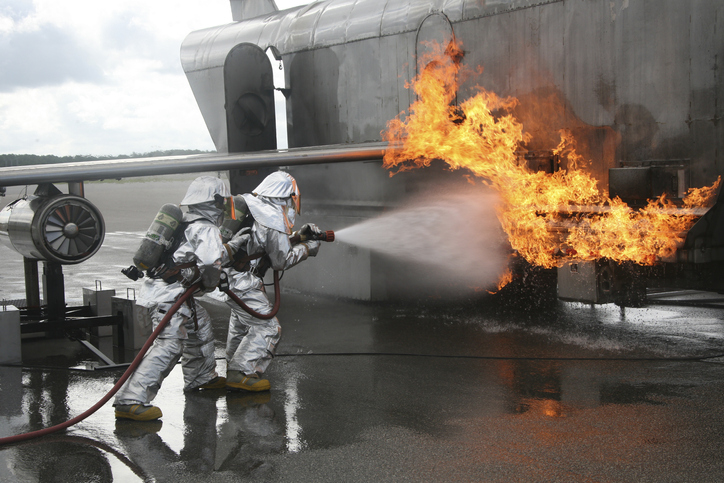Three environmental organizations submitted a notice of intent to file suit to the United States Environmental Protection Agency (EPA) in January 2020 for its failure to act on greenhouse gas emissions from aircrafts. In a joint letter to the EPA’s administrator and director of the Office of Transportation and Air Quality, the three groups–Center for Biological Diversity, Earth justice, and Friends of the Earth–argue that the EPA’s failure to promulgate standards on greenhouse gas emissions constitutes unreasonable delay under the Clean Air Act. The groups …
Continue Reading









